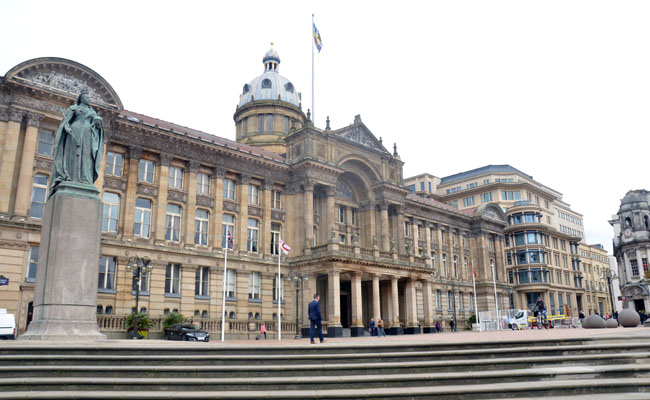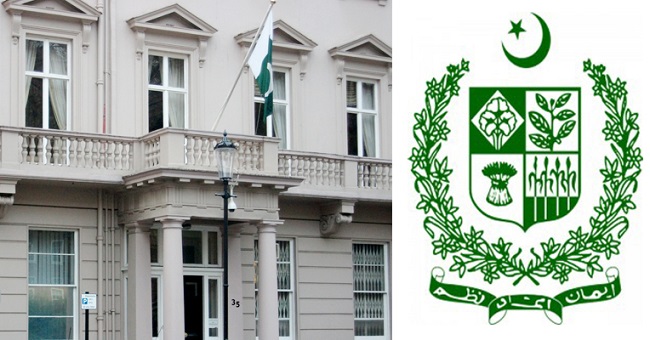Review to look at health inequalities within black communities in Birmingham and Lewisham

Birmingham: A unique collaboration between Birmingham and Lewisham councils will look at how to address the depth of health inequalities in the black African and Caribbean communities in both areas.
The ground-breaking review will ask ‘how do we break the cycle of inequality?’
The two local authorities began working together as national Childhood Obesity Trailblazers, resulting in a partnership sharing knowledge and resources through a collaborative review process.
They will now use their expertise to focus on the Black African and Black Caribbean communities, enabling a more detailed and culturally sensitive approach to the review. This in-depth approach will then be used by both councils in different partnerships to explore other diverse communities moving forward in 2021/22.
The Birmingham and Lewisham African & Caribbean Health Inequalities Review (BLACHIR) will cover an 18-month period, with an external advisory board and academic board set up with the aim of representing a wide range of different aspects of the Black African and Black Caribbean communities in Lewisham, Birmingham and nationally, to enable regular discussions that will inform the review.
Birmingham is home to 8% of the overall African and Caribbean population of England. In Lewisham, black Africans and those of Caribbean descent represent the largest population groups, amongst those of BAME heritage..
National research has clearly highlighted significant health inequalities affecting black African and Caribbean communities, which are perpetuated by inequalities in the wider determinants of health such as housing, employment and education. These have been exacerbated by Covid-19 and undoubtedly underpin some of the excess deaths in these populations.
The review will inform the work of the Health and Wellbeing Board partnership and influence both Councils, NHS, academic and community and voluntary sector partners to make sustainable changes that start to address decades of inequalities.
Cllr Paulette Hamilton, Cabinet member for health and social care and chair of the Health and Wellbeing Board at Birmingham City Council, said: “Both Birmingham and Lewisham have high levels of deprivation and poor health that disproportionately affect certain communities. It is really important that our public health experts pool their knowledge to address these issues and by working in partnership they should get a broader insight into each community and an opportunity to compare and contrast experiences in two local authority areas.”
Mayor of Lewisham, Damien Egan said: “Learning lessons needs to start now. This is not just about the impact Coronavirus is having on BAME communities, but prompted by this current pandemic, we must seize the opportunity to drive an evidence-led approach on addressing health inequalities.
“For some time now, we have been gathering insights into the health inequalities facing Black African and Caribbean communities in Lewisham to drive our public health plans. News of the coronavirus-related deaths of frontline workers from these communities is heart breaking and a stark reminder that we need to urgently address these health inequalities.”
Cllr John Cotton, cabinet member for social inclusion, community safety and equalities at Birmingham City Council, said: “This review will explore in depth these inequalities, looking at specific issues such as health conditions, lifestyle, mental health and wider factors such as employment and housing. We have to find ways of breaking the decades of inequality in sustainable ways that will lead to better futures for local citizens.”
Dr Catherine Mbema, Director of Public Health at Lewisham Council added: “It’s a unique and ambitious initiative. Driven by local communities, overseen by local government with the academic focus, we are determined to ensure this review will point to clear solutions that we hope will inform decision-making within government.”





